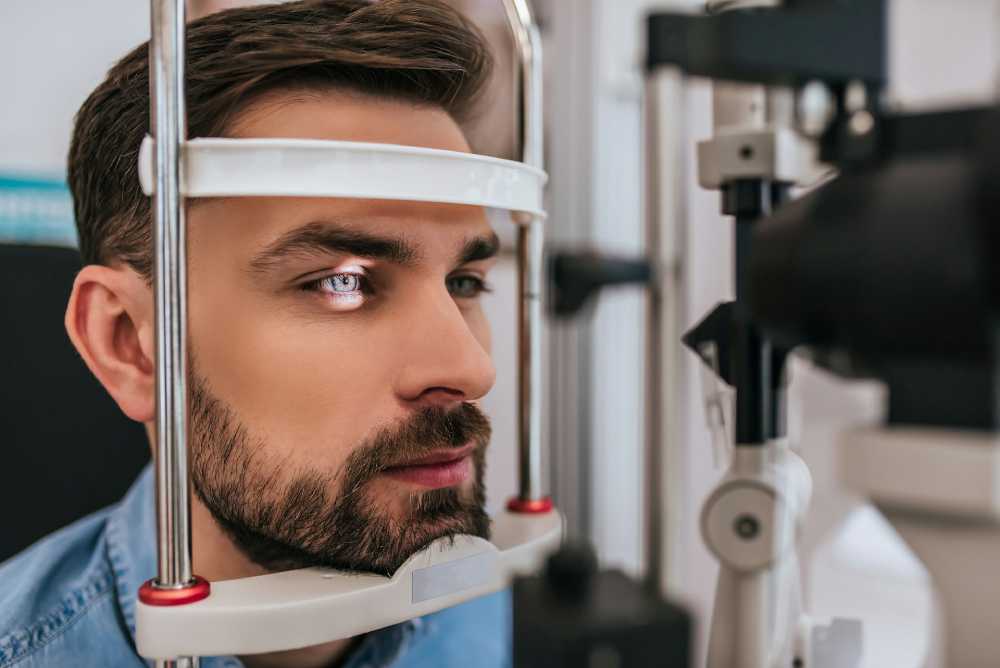Understanding the Essential Role of Regular Eye Examinations in Maintaining Visual Health
Good vision is crucial to our daily functioning and overall quality of life. Unfortunately, many people neglect their eye health until they notice a problem. Yet regular eye examinations are essential for ensuring we can see clearly and detecting silent conditions early – before they cause irreversible damage. Finding the right healthcare provider is vital to maintaining excellent vision; a quick search for an optometrist near me can be the first step in this valuable health routine.
Introduction to Eye Health
Many people only think about eye health once they experience problems. Good vision allows us to read, drive, work, and enjoy life fully. Our eyes, however, are exposed to many risks, such as screen light, UV light, and natural aging.
Preemptive measures, including annual exams, can help manage these risks. Unfortunately, the benefits of preventative eye care are often underestimated, leaving many people vulnerable to preventable vision loss or eye diseases.
What Happens During an Eye Exam?
An eye exam evaluates various aspects of vision and eye health. It typically involves tests for visual acuity, peripheral vision, eye-muscle coordination, and responses to light. These checks help identify different issues, ranging from refractive errors to cataracts.
Optometrists use various instruments and equipment to conduct these tests and may dilate pupils to get a better view of the eye’s internal structures. During the comprehensive check-up, patients also have an opportunity to discuss any vision-related concerns with their eye care provider.
Early Detection of Eye Conditions
One of the primary benefits of regular eye examinations is the early detection of eye diseases, such as glaucoma and diabetic retinopathy. These visits allow for timely intervention, which can prevent vision loss. For example, glaucoma often presents no symptoms until significant damage has occurred – a silent thief of vision.
However, with regular screenings, this condition can be managed effectively. Detailed eye exams can also reveal early signs of age-related macular degeneration (AMD), allowing for treatments that can slow the progress of this common cause of vision impairment in older adults.
The Link Between Eye Health and Overall Wellness
Eyes are often referred to as windows to one’s overall health. An eye exam can detect signs of systemic diseases long before other symptoms manifest. Many systemic conditions, like diabetes, high blood pressure, and even certain cancers, can cause changes in the eye that an optometrist might be the first to notice. For instance, leakage from abnormal blood vessels in the eye can indicate diabetes. They provide:
- Compelling insights.
- Documenting the critical link between eye exams and broader health diagnostics.
- Reinforcing the need to stay up-to-date with eye care appointments.
Eye Health Across Different Life Stages
Different life stages come with varying eye health needs. Children require exams to ensure proper vision development, vital for their educational progress. Adults should continue to monitor their vision, mainly if they work in visually demanding jobs or spend significant time in front of screens.
Seniors need regular check-ups to guard against age-related conditions like AMD and cataracts. Personalized care based on life stage ensures that individuals receive the appropriate interventions to preserve their sight.
Innovations in Eye Care
The eye care industry has seen remarkable technological advancements improving the accuracy and comfort of eye exams. Digital imaging, for example, provides high-resolution, detailed pictures of the retina, allowing earlier detection of diseases.
New developments in treatments, such as gene therapy and bionic implants, opened doors to restoring sight in ways unthinkable just a few years ago. As innovation grows, so does our ability to effectively predict, diagnose, and treat eye conditions.
How Often Should You Get an Eye Exam?
The frequency of eye exams often depends on one’s age, health history, and risk factors. For most adults, a visit every one to two years is adequate. Those with a higher risk of eye diseases, previous eye surgeries, or systemic conditions that affect the eyes may need more frequent monitoring. Children should also have their vision tested regularly to ensure they are seeing correctly and to prevent learning difficulties related to vision issues.
Choosing the Right Eye Care Provider
Selecting an eye care provider is a decision that shouldn’t be taken lightly. The optometrist’s or ophthalmologist’s qualifications continued education, and the technology they use are all considerations. Also, patient reviews can offer insights into the quality of care you receive.
It’s essential to find an eye care professional who is both knowledgeable and makes you feel comfortable. This relationship is crucial, as this individual will be a partner in managing your visual health for many years to come.
Insurance and Eye Care: Understanding Your Coverage
Vision insurance can be an excellent resource for managing the costs associated with eye care. However, navigating the details of coverage can be complex. Some insurance policies cover routine exams and prescription lenses, while others offer benefits for specialized treatments or surgeries.
Knowing what’s included in your policy, such as copays, deductibles, and coverage limits, is essential. Understanding these details can help make eye care more affordable and prevent unwanted surprises when it comes to billing.
Taking Action for Healthy Eyes
Understanding the importance of regular eye exams is one thing; taking action is another. Protective eyewear, proper nutrition, and screen time breaks contribute to maintaining healthy vision.
Educating those around us about the benefits of eye care encourages a proactive approach to vision health within the community. By prioritizing our eyes and encouraging others to do the same, we create a culture that values and actively maintains eye health.

